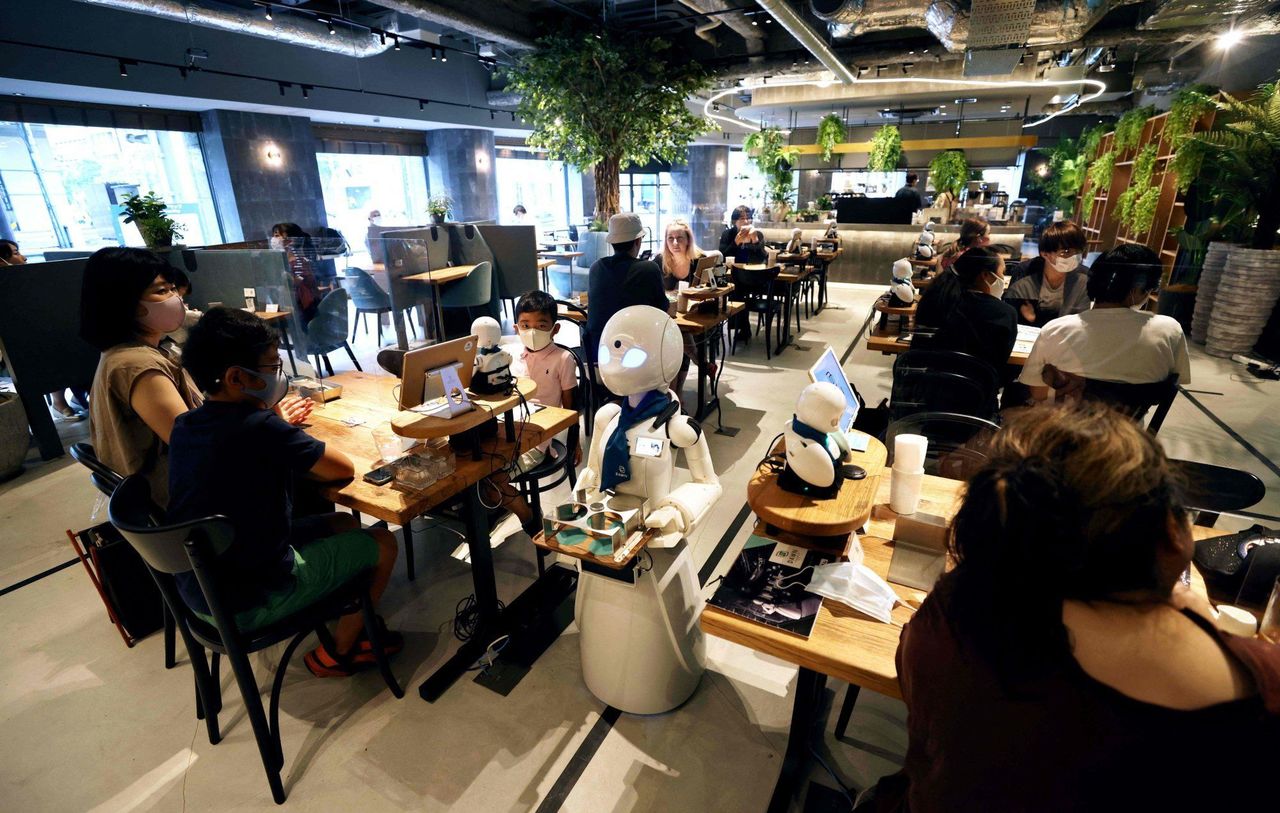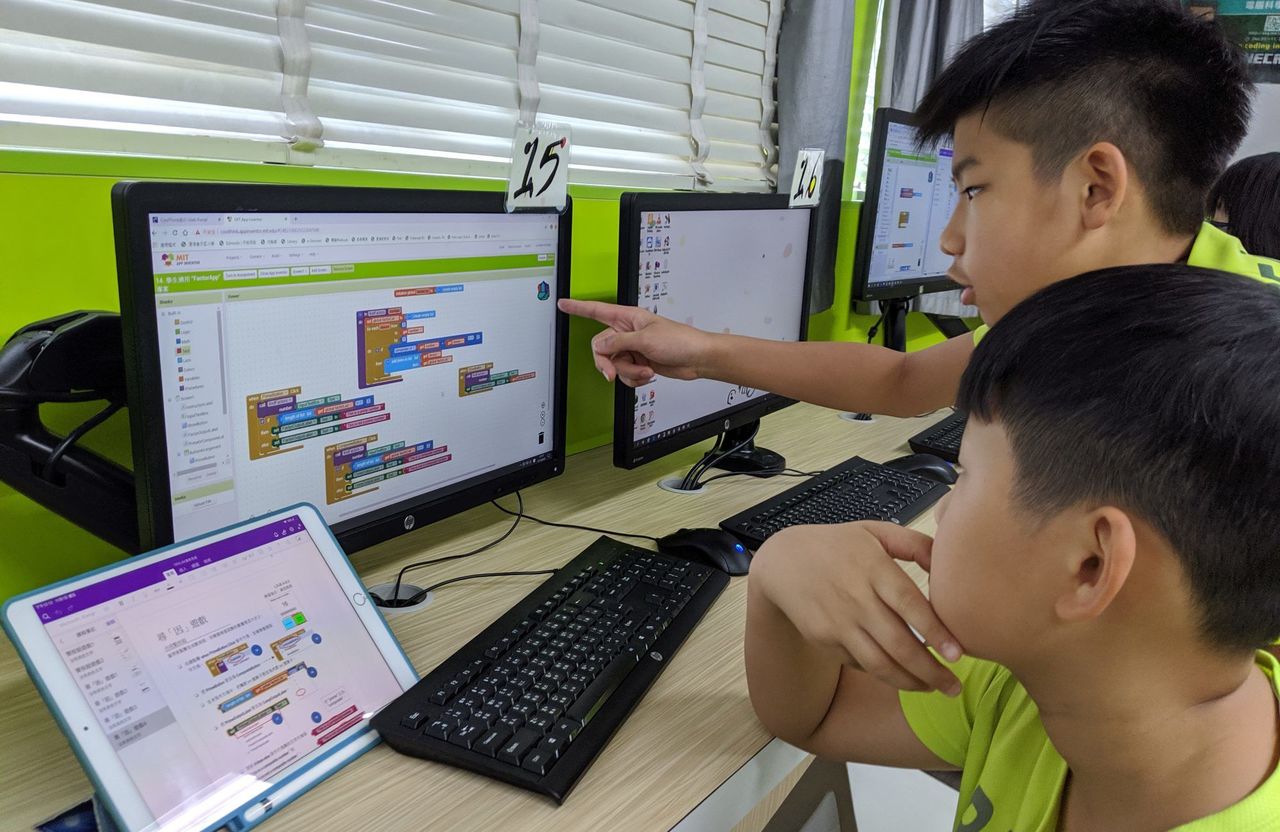Hong Kong News

How Hong Kong can keep AI a force for good
Would you want to talk to a digital version of your loved one after they have died? The idea may sound like something out of the dystopian sci-fi series Black Mirror (and as it turns out, the idea did feature in a 2013 episode). But it’s not entirely science fiction.
Using artificial intelligence, the California-based company HereAfterAI lets people “talk” to loved ones who have passed on, though it’s unclear how realistic the experience is at the moment. But as this kind of technology improves, one can expect a range of views about how society should address it.
Similar discussions are already under way thanks to the release of ChatGPT last month by OpenAI, which Elon Musk co-founded. The chatbot can write sonnets, tell jokes (including in the style of an existing person or work of literature), and do many of the tedious tasks performed by office workers.
From the outpourings online, it’s clear the release has captured people’s imagination – including in China, where OpenAI hasn’t made the tool available but where it has nevertheless proved popular among internet users who have gained access using foreign phone numbers.
AI tools have been quietly proliferating in most sectors. But ChatGPT has driven home just how swift that progress has been. Indeed, incremental advancements tend to go unnoticed until a truly disruptive technology emerges.
That said, AI can be a force for good if properly managed. Many business leaders are thinking carefully about how the AI revolution will affect societies, especially in Japan, which has long looked to automation to help cope with an ageing population.
 A humanoid robot delivers drinks to customers at the Dawn Cafe in Tokyo on August 17, 2021.
A humanoid robot delivers drinks to customers at the Dawn Cafe in Tokyo on August 17, 2021.
Hong Kong’s challenges are different to those of Japan, which is looking to automate its manufacturing sector to offset its shrinking workforce. Instead, Hong Kong is a knowledge-based economy that relies on its education sector, and here AI presents new challenges.
Educators have already reported using ChatGPT to generate essays that they would consider acceptable for a university writing assignment. This raises questions about the purpose of education and how it should be achieved.
As home to some of the best universities in Asia, Hong Kong could lead the charge in adapting to advances in AI, whether by developing new methods of exam taking or incorporating AI-based tools into the curriculum.
There is a growing case for increasing digital literacy requirements in primary and secondary education. If future workers will be reliant on AI assistants, it makes sense to make basic coding understanding an educational requirement, as with literacy and numeracy.
 Students learn coding with CoolThink@JC, a project funded by The Hong Kong Jockey Club.
Students learn coding with CoolThink@JC, a project funded by The Hong Kong Jockey Club.
There is also a strong case for Hong Kong and other Asian universities to allocate more funding to liberal arts programmes. In a world where AI can carry out remote tasks, the role of human operators will increasingly be to make value judgments.
Eventually, AI assistants could replace Google and other search engines. That would intensify the debates over how to address online misinformation. Users are already finding that the new ChatGPT tends to churn out plausible-sounding errors.
But unlike traditional media, or even social media, the average user can’t necessarily source the information or understand how the error cropped up. In countries that are seeing declining trust in media, it’s unclear what the public will decide to put their faith in.
Issues could also arise in countries that have introduced legislation against misinformation: can one sue a chatbot? Stakeholders including tech companies, media, and governments need to work together to determine how such services will be governed.
For now, Hong Kong appears underprepared. The city has no specific laws or regulations governing the use of AI in Hong Kong. Singapore is moving in that direction by convening an advisory council on the ethical use of AI, and Japan’s Ministry of Economy, Trade and Industry last year released guidelines for AI governance.
These include encouraging companies to analyse the benefits and risks of their AI use and rating their own proficiency in AI. As one of Asia’s largest stock exchanges, Hong Kong could consider a similar governance framework.
Hong Kong could also be well positioned to develop guidelines for the use of AI in financial services firms. For example, there should be agreed-upon transparency standards that balance IP and trade secret concerns with consumers’ right to understand how their data is being used.
Consumer protection more broadly could also be a good place to start. The Hong Kong Consumer Council called for such legislation in September amid widespread public worries about how consumer data is being used.
These are good first steps that should become part of a more comprehensive approach, bringing together experts from different fields in industry, academia, and government to understand the broader social effects of AI, and the best ways to adapt.
Researchers at Kyoto University modelled the impact of AI and robots on human industry and employment in the city by 2050. They believed that livelihood problems could be solved if society was incentivised to focus on human well-being rather than monetary KPIs.
It’s a tall order, but in the aspiration of working towards a collective vision of how AI should benefit society, Japan presents one potential model of how Hong Kong can address its AI challenge.











